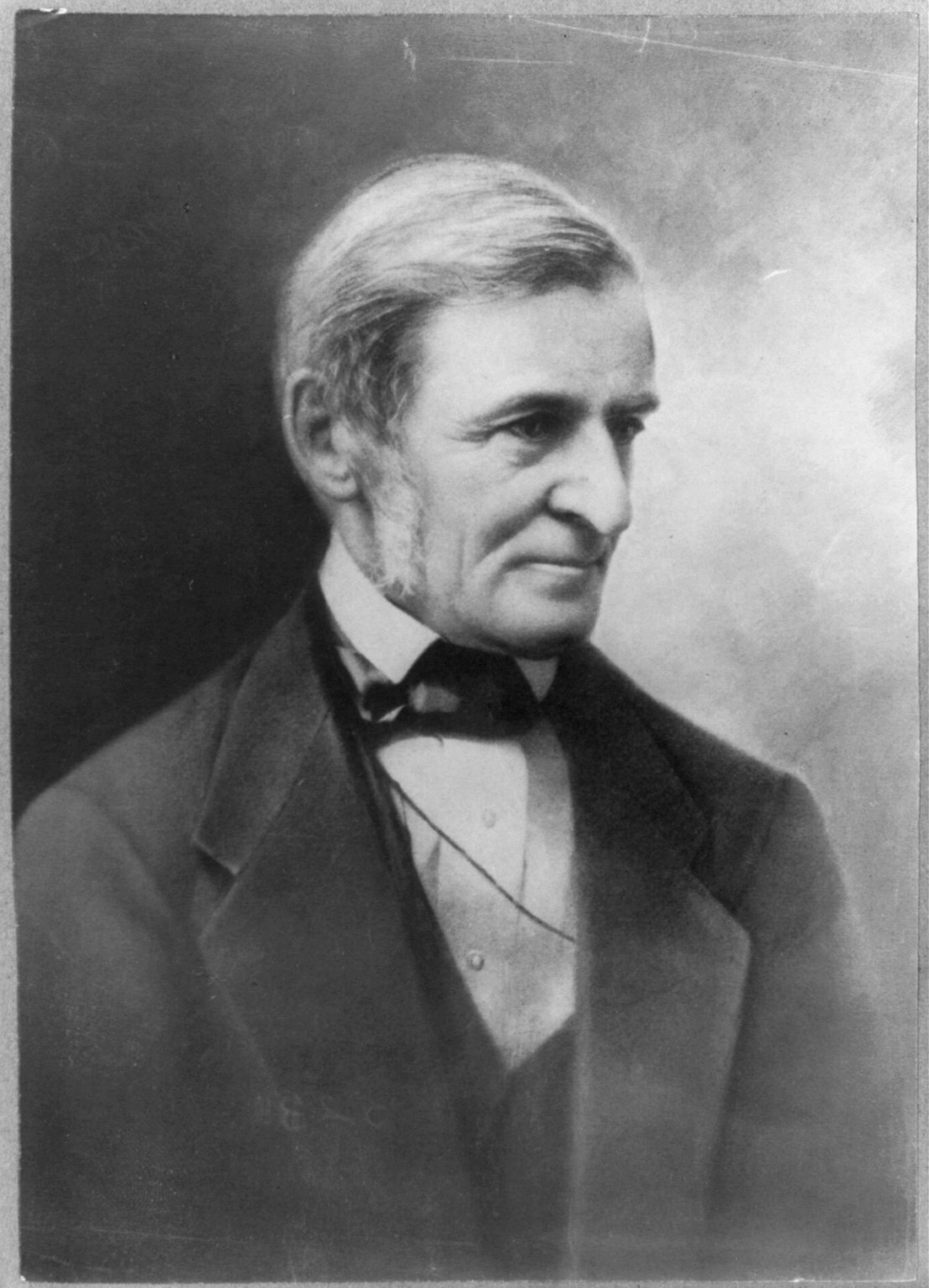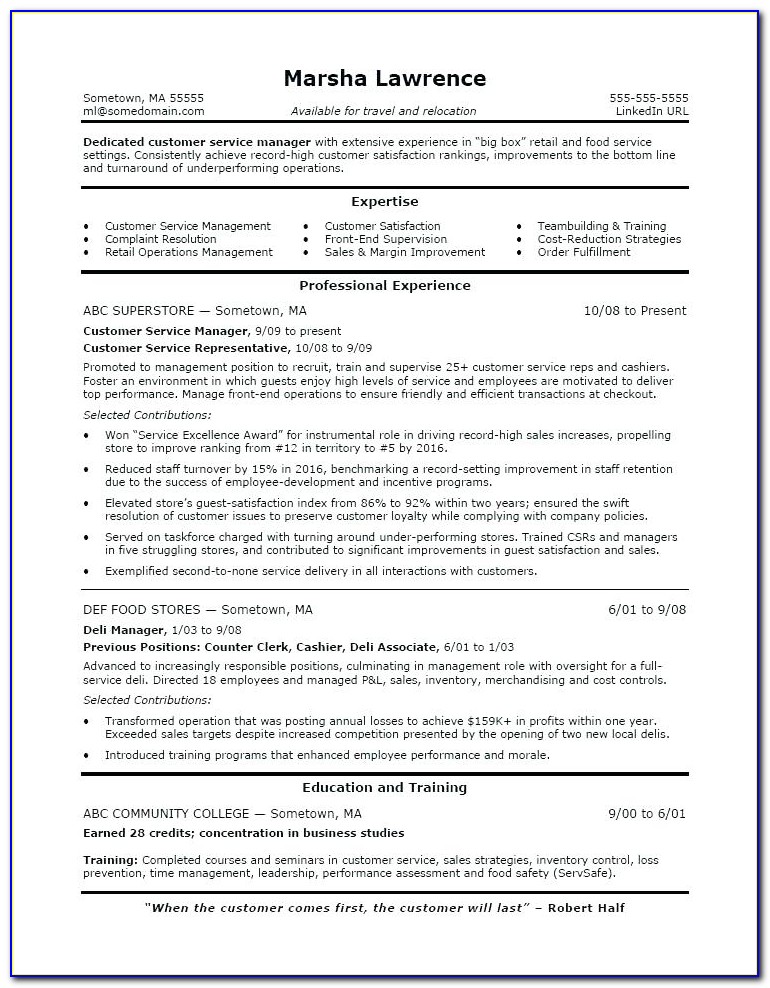
Nature is an essay written by Ralph Waldo Emerson, and published by James Munroe and Company in In the essay Emerson put forth the foundation of transcendentalism, a belief system that espouses a non-traditional appreciation of nature. Transcendentalism suggests that the divine, or God, suffuses nature, and suggests that reality can be understood by studying nature. Emerson's visit to the Estimated Reading Time: 5 mins Ralph Waldo Emerson, (born May 25, , Boston, Massachusetts, U.S.—died April 27, , Concord, Massachusetts), American lecturer, poet, and essayist, the leading exponent of New England Transcendentalism. Early life and works. Emerson was the son of the Reverend William Emerson, a Unitarian clergyman and friend of the arts in , Ralph Waldo Emerson was born in Boston. Educated at Harvard and the Cambridge Divinity School, he became a Unitarian minister in at the Second Church Unitarian. The congregation, with Christian overtones, issued communion, something Emerson refused to do.4/5
History by Ralph Waldo Emerson
It contains the most thorough statement of one of Emerson's recurrent themes: the need for each individual to avoid conformity and false consistency, and follow his own instincts and ideas, ralph waldo emerson history. It is the source of one of Emerson's most famous quotations: "A foolish consistency is the hobgoblin of little minds, adored by little statesmen and philosophers and divines, ralph waldo emerson history.
He stresses that anyone is capable of achieving happiness, simply ralph waldo emerson history they change their mindset. Emerson focuses on seemingly insignificant details explaining how life is "learning and forgetting and learning again". The first hint of the philosophy that would become "Self-Reliance" was presented by Ralph Waldo Emerson as part of a sermon in September a month after his first marriage. Richardson wrote, "Immortality had never been stronger or more desperately needed!
From intoEmerson presented a series of lectures on the philosophy of history at Boston's Masonic Temple. These lectures were never published separately, but many of his thoughts in these were later used in "Self-Reliance" and several other essays.
Emerson had a very large background of religious affiliations. His father was a Unitarian minister; Emerson eventually followed in his father's footsteps to become a minister as well. Emerson's religious practices can be viewed as unconventional and his beliefs, non-traditional. Emerson understood that individuals are inexplicably different and ideas are constantly changing.
He encouraged religious ralph waldo emerson history to "'breathe new life into the old forms of their religion". The Transcendentalist movement flourished in New England, and proposed a revolutionarily new philosophy of life. This new philosophy drew upon old ideas of Romanticism, Unitarianism, and German Idealism.
Some of these ideas pertained closely to the values of America at the time. These values included nature, individualism, and reform, and can be noted in Emerson's essay. Emerson mentions that citizens control the government so they have control. Emerson enforces ralph waldo emerson history idea when stating, ralph waldo emerson history, "Unless we overtake ourselves, circumstances will overtake us".
One of the most prevalent themes in the essay is nonconformity. Emerson states, "Whoso would be a man must be a nonconformist. Solitude and the community appears within the essay multiple times. Emerson wrote how the community is a distraction to self-growth, by friendly visits, and family needs. He advocates more time being spent reflecting on one's self. This can also happen in the community through a strong self-confidence.
This would help the counseled to not sway from his beliefs in groups of people. Spiritualityspecifically the idea that truth is within one's self, is a recurring theme in Emerson's essay. Emerson posits that reliance upon institutionalized religion hinders the ability to grow mentally as an individual.
The theme of individualism is often proposed within Self-Reliance. Emerson explains the ultimate form of happiness is achieved when a person learns and adapts an individualistic lifestyle. The conflict between originality and imitation is often an oscillating theme in the essay. Emerson emphasizes that "Envy is ignorance, imitation is suicide.
Herman Melville's Moby-Dick has been read as a critique of Emerson's philosophy of self-reliance, embodied particularly in the life and death of Ahab. Melville's critique of self-reliance as a way of life is seen to lie in its destructive potential, especially when taken to extremes. Richard Chase writes that for Melville, "Death—spiritual, emotional, physical—is the price of self-reliance when it is pushed to the point of solipsismwhere the world has no existence apart from the all-sufficient self.
Although never directly stated, Emerson's Self-Reliance has religious influences tied into the values and beliefs presented. Critics argue that Emerson believes the Universe is not complete without "The Spirit". Without some form of spirituality or religious tendencies, society and the universe "is sad, hopeless, and largely meaningless. Mark Cladis, ralph waldo emerson history, author of a published religious analysis of Self-Relianceargues individuals are "intimately connected to that which is greater than the self alone.
Emerson's quote, "A foolish consistency is the hobgoblin of little minds", is a running joke in the film Ralph waldo emerson history Stop Wonderland.
A single woman portrayed by Hope Daviswho is familiar with the Emerson quote, goes on dates with several men, each of whom tries to impress her by referencing the line, but misquotes it and misattributes it to W. Ralph waldo emerson historyKarl Marxor Cicero. This quote is also referenced in one of the episodes of the television show The Mentalist when Patrick Jane meets a crime boss and they start a dialogue.
It was also stated in the movie Dream a Little Dream film in reference to a group of teenagers who regularly take a short cut through the backyard of an older couple, ralph waldo emerson history. Isaac Asimovin author's notes to his collection of mystery short stories, Asimov's Mysteriesinvokes the quote with the single word "Emerson!
For instance, the story The Dying Night appears to contradict the background of The Singing Bell. He relates how he was introduced to the quotation while reviewing proofs of an article with his co-authors. From Wikipedia, the free encyclopedia. This article is about the essay by Ralph Waldo Emerson. For other uses, see Self-reliance. com, Inc. The American Revelation. New York: St. Martin's Press.
Journal of Language Teaching ralph waldo emerson history Research. CiteSeerX Emerson: The Mind on Fire. Berkeley, California: University of California Press ISBN Ralph Waldo Emerson: Days of Encounter. Boston: Little, Brown and Company, Berkeley, California: University of California Press, Understanding Emerson: "The American Scholar" and His Struggle for Self-Reliance. Princeton University Press. Transcendentalism: A Reader. New York: Oxford University Press.
Detroit: Gale. Retrieved November 25, The Stanford Encyclopedia of Philosophy. Boston, Massachusetts. Project Gutenberg. November, from www. Retrieved Melville: a Collection of Critical Essays. Arvin, Newton ed. The Washington Post. Ralph Waldo Emerson. Essays: First Series Essays: Second Series Representative Men The Conduct of Life William Emerson father Edward Waldo Emerson son Mary Moody Emerson aunt Ezra Ripley stepfather The Atlantic " Letter to Martin Van Buren " Ralph Waldo Emerson House The Old Manse Transcendentalism Transcendental Club Concord Museum.
Categories : essays Essays by Ralph Waldo Emerson. Hidden categories: Articles with LibriVox links AC with 0 elements. Navigation menu Personal tools Not logged in Talk Contributions Create account Log in.
Namespaces Article Talk. Views Read Edit View history. Main page Contents Current events Random article About Wikipedia Contact us Donate. Help Learn to edit Community portal Recent changes Upload file. What links here Related changes Upload file Special pages Permanent link Page information Cite this page Wikidata item, ralph waldo emerson history. Download as PDF Printable version. 한국어 Русский Edit links.
Ralph Waldo Emerson Documentary - Biography of the life of Ralph Waldo Emerson
, time: 4:18Nature (essay) - Wikipedia

Ralph Waldo Emerson's Essay - HistoryEssays ~ first series, Ralph Waldo Emerson resigned as an Unitarian minister in and subsequently tried to establish himself as a lecturer and writer. His efforts in this direction included the self-financed publication of a pamphlet entitled "Nature" in This essay, only five hundred copies of which were printed (and these took some six years to be in , Ralph Waldo Emerson was born in Boston. Educated at Harvard and the Cambridge Divinity School, he became a Unitarian minister in at the Second Church Unitarian. The congregation, with Christian overtones, issued communion, something Emerson refused to do.4/5 Nature is an essay written by Ralph Waldo Emerson, and published by James Munroe and Company in In the essay Emerson put forth the foundation of transcendentalism, a belief system that espouses a non-traditional appreciation of nature. Transcendentalism suggests that the divine, or God, suffuses nature, and suggests that reality can be understood by studying nature. Emerson's visit to the Estimated Reading Time: 5 mins

No comments:
Post a Comment